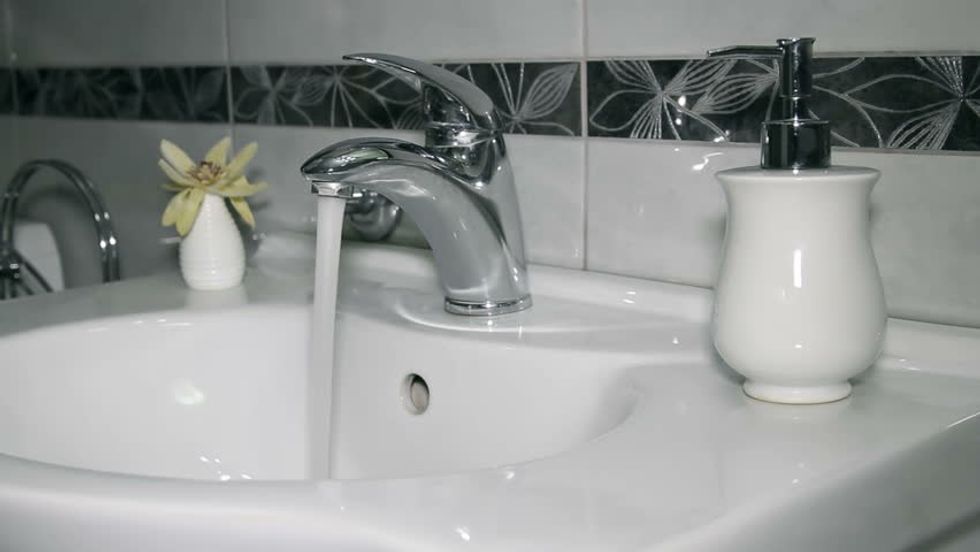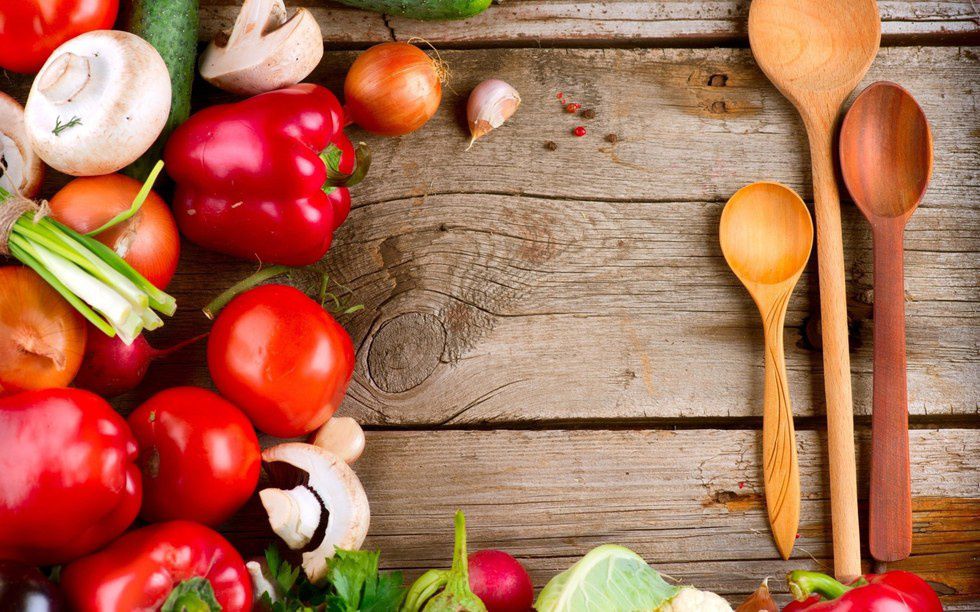One year can change so much, and the new year is the perfect time to start healthier and more positive habits. Living globally conscious seems like a daunting task, but in reality there are so many easy ways to start making simple changes to put you on the path to a more eco-friendly, globally aware, healthier life. For ideas, this list is a great place to start! This is part 4 of the toolkit to being a conscious consumer. To see the first three parts, click here, here, and here.
Global Awareness
Make reading world news part of your daily routine
Downloading global news apps such as BBC or reading national news sources from different countries can give great perspective on issues you may never see. Even resources such as Twitter and Facebook can be useful to see behind mainstream media, if you can find the right sources. Ideas would be to follow #aleppo, @AlabedBana, #istandwithstandingrock, and other similar movements from global and even local individuals.
Purchase new clothes from ethical brands and/or brands that directly benefit global communities as often as possible
Fast fashion often takes advantage of global communities, so looking into the sources of your clothing can be useful. Places such as PACT Apparel and Fair Trade Winds are great places to start. For more information about this see these articles.
Use Google alerts to learn more about topics you care about
To set up alerts, click here.
Read that newspaper that gets delivered to your house, or borrow one from the neighbor
Reading the world news section with each paper can allow you to gain great perspective!
Read nonfiction, biographies, and even historical fiction books
Books such as "I Am Malala," "Between the World and Me," "Behind the Beautiful Forevers," and "Americanah" are great places to start.
Education
Read publications from other parts of the world
Including news, scholarly, and books. Take advantage of web browsers’ ability to translate!
Take classes outside your comfort zone
On global politics, sociology, local issues, cultural awareness, global business, urban and regional studies, and other similar courses.
Do readings online rather than printing them out
Apps such as Drawboard PDF allow you to write and highlight on documents.
Watch a documentary once a month (or more) to educate yourself
Netflix has a great selection! Documentaries such as "Supersize Me," "Forks Over Knives," and "Miss Representation" are great places to start.
Animal & Environmental Awareness
Easy vegan and vegetarian swaps
Swap out a couple meals a week for vegan alternatives, or try meatless Mondays.
Read the fine print on products
Seek out eco-friendly and alternatively-tested (i.e. no animal testing) hygiene and beauty products.
For the Home
Washing Clothes and Dishes
Wash clothes with cold water, and hang dry them when possible. Wash clothes and dishes only when the load is full.
Lights
Swap out incandescent and fluorescent light bulbs for energy-efficient and longer-lasting LED options. Similarly, open blinds while the sun is out instead of turning on lights. Turn lights off when you leave the room.
Air Conditioning
Open windows on cooler days instead of turning air conditioning on.
Recycle bottles, cans, newspapers, old mail, etc.
Learn about your city’s recycling policy to see what you can recycle with street pick up (if available). If street pickup is unavailable, set aside a morning each month to take recyclables in.
Fuel Efficiency
Combine errands into one trip to save fuel. Use fuel efficient driving methods such as accelerating more gently, coast rather than brake if possible, and maintain a steady speed.
Use as little pesticides as possible
Pesticides can be harmful to the wildlife in the area. Using fewer can be more beneficial to the wildlife and even you.
Make a garden and grow your own fruits and vegetables
This will save you money and can be good for the environment.
Donate rather than throw away
Old clothes, items, and resources can be useful to foundations and shelters for the homeless and refugees.
Hygiene
Save water
Turning off water while you brush your teeth and cutting 5 minutes off your shower time a few days a week can make a big difference in water consumption. Good for your water bill and the environment!
Try products with natural and organic ingredients
Chemicals can be harmful to your skin and the environment. Try opting for products which use more natural ingredients, and your skin could thank you.
Use products without animal testing
Brands will denote on the bottle if they don't use animal testing. Supporting these brands helps put an end to the practice.
Food
Try Meatless Mondays!
Eating meat all the time uses a surprising amount of environmental resources. Opting one day a week for vegetarian and vegan options can help this quite a bit.
Use reusable bags when you go to the grocery store
Rather than getting plastic each time you go, use old totebags you have lying around the house and you won't have to buy the store's bags.
Freeze extra food before it spoils to avoid waste
Approximately 40% of food in the USA goes to waste each year, according to "End Food Waste Now." Freezing food for later consumption will not only give you more options later, but will avoid wasting it.
Purchase a reusable water bottle and reusable (spill-proof) containers to cut down on plastic bottle and bag use
BPA free options will be the healthiest for you and the environment.
Cut down on processed foods and opt for healthier options
Processed foods with added chemicals and colors can be incredibly unhealthy for not only you but the people who make them. Try for healthier options!
Eat at local businesses rather than chains
Eating at locally owned restaurants will help boost local economy and support businesses such as local food suppliers, too.






























